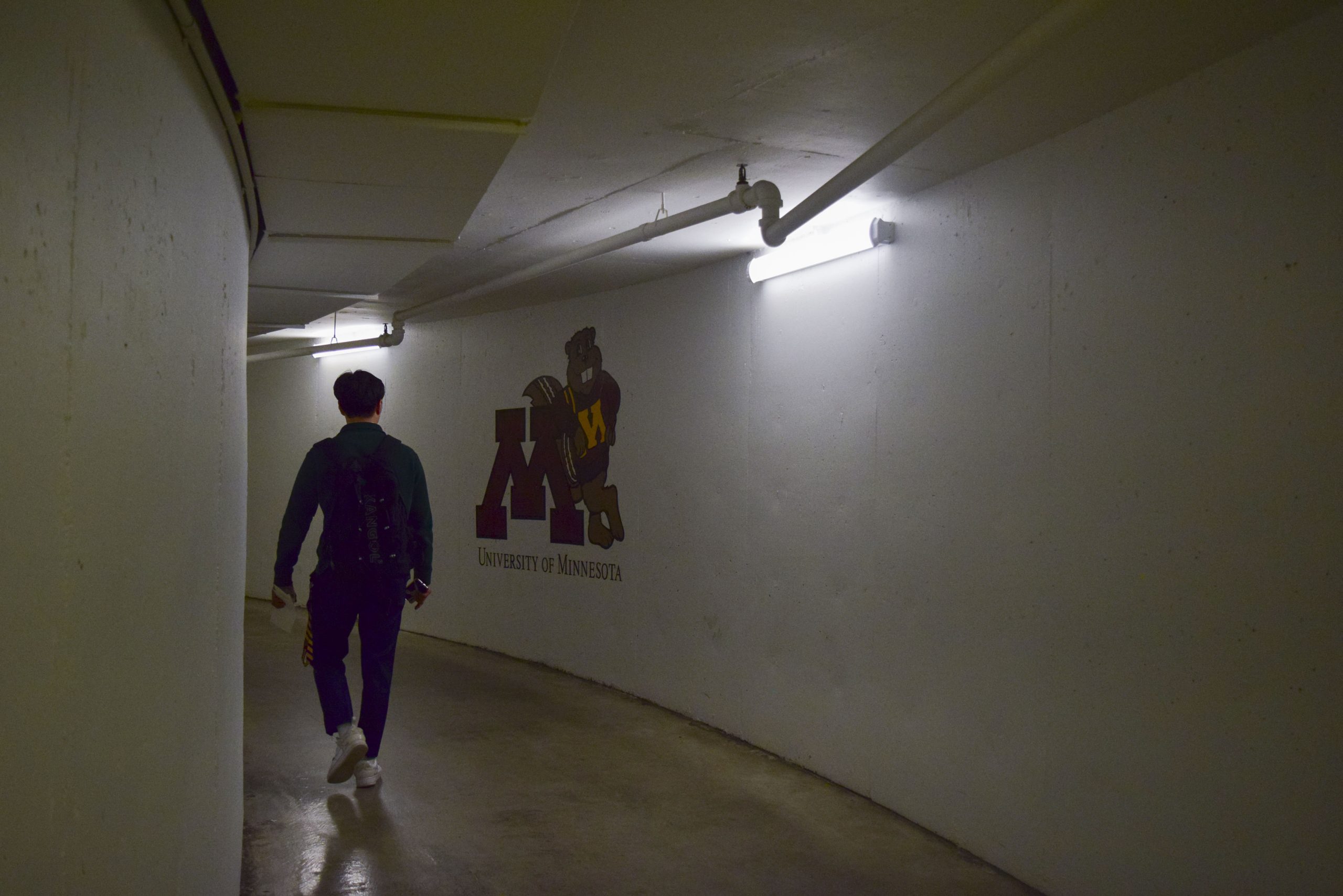A proposed amendment to city code could let residents legally house family — especially extended or elderly family members — in converted garages, attics and basement spaces called “granny flats” or “mother-in-law apartments.”
While proponents of the change say it would provide greater housing flexibility in urban neighborhoods where space is tight, some city officials and residents have concerns that some would misuse the self-contained home additions.
At a City Planning Commission on Thursday, the amendment’s author, Ward 10 Councilwoman Lisa Bender, and her staff fielded questions about how to legalize accessory dwelling units while avoiding unintended consequences.
The ADUs would be home additions or renovations that function as individual dwelling areas, Bender said. She said a homestead requirement in the ordinance would forbid renting ADUs to anyone but the homeowner’s family to ensure they wouldn’t become a rental commodity.
Community members started approaching city officials this spring with the hopes of legalizing ADUs, she said. Since then, her staff has held four public meetings, surveyed nearly 200 residents and consulted with the planning commission twice to iron out the proposal and engage communities in the process.
“I’m really excited about this policy change because legalizing accessory dwelling units is addressing demographic changes,” Bender said, noting that the change would expand housing options for baby boomers.
But three city planning commissioners expressed concern Thursday over the possibility of architectural issues, like the amendment’s maximum height requirements as well as adequate building material options and subsequent costs.
Discussion then turned to addressing the possible misuses of granny flats.
Ricardo McCurley, the neighborhood coordinator for the Southeast Como Improvement Association, said he shares those reservations.
“Nobody likes the idea because of the enforcement side,” he said. “But nobody is opposed to the idea in principle.”
Due to the neighborhood’s abundance of student renters, McCurley said, city zoning laws are already broken regularly in Southeast Como.
JoAnn Velde, the city’s director of housing inspection services, said she understands how the adoption of granny flats could be problematic.
“[It could] create some illegal housing issues,” she said.
Between the cost of renovation or construction and the requirement that only allows family members to live in the units, Velde said, it might not be a popular housing option. Those financial and legal limitations should deter individuals from trying to make a profit by renting them out, she said.
“I don’t foresee many people doing it,” Velde said. “Renovations could cost from $80,000 to $100,000.”
Leaders of the Marcy-Holmes Neighborhood Association and the Prospect Park East River Road Improvement Association — which are both part of the University’s housing district — said their respective neighborhoods had no position on the ADU amendment.
Bender said she is confident that the Minneapolis City Council will pass the zoning amendment at an upcoming Dec. 5 meeting.










